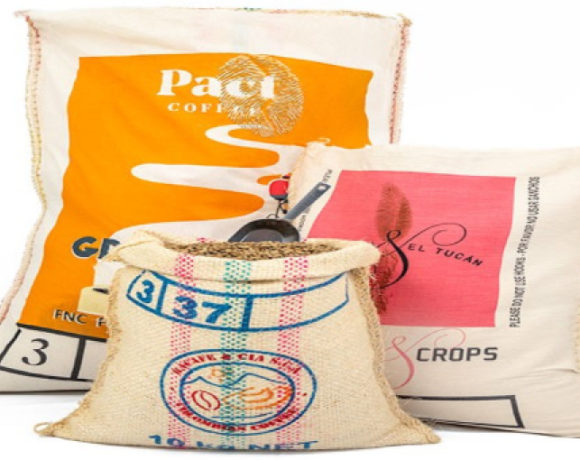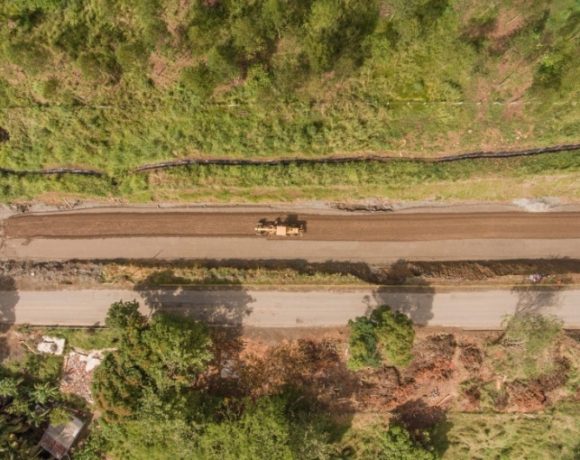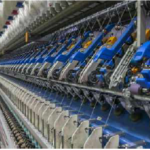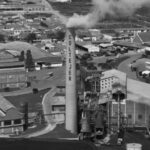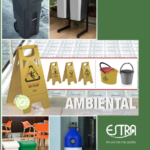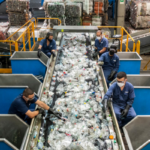More High-Tech Investment Seen Coming to Medellin from Uruguay, Brazil
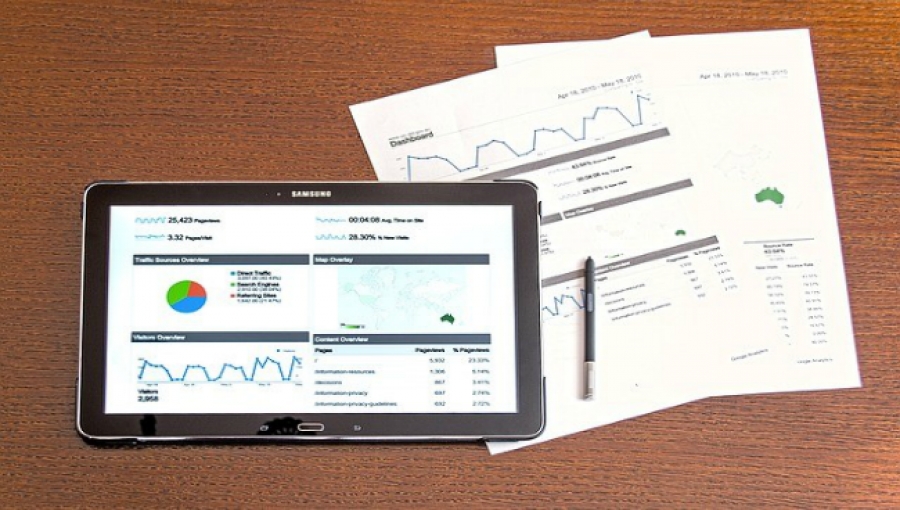
Medellin’s investment promotion agency –“Agencia de Cooperación e Inversión de Medellín y el Área Metropolitana” (ACI) – announced July 6 that five Uruguay-based companies and two Brazil-based companies are eyeing new business launches or expansions here.
According to ACI, these companies expressed interest in new Medellin investments during ACI-organized business-prospecting tours in Montevideo (Uruguay) and in Rio de Janeiro (Brazil).
In all, 38 companies – 27 from Uruguay and 11 from Brazil — attended the “Why Medellin?” seminars organized by ACI. The five Uruguayan companies eyeing or expanding investments in Medellin are all in the information technology (IT) sector, while one of the two Brazilian companies eyeing investment here is also in IT; the other is in the health sector.
Three foreign companies already operating in Medellin – Velocity Partners, Pyxis and UruIT — spoke at the seminars, explaining why they chose Medellin to launch and expand their information-technology (IT) businesses in recent years.
Medellin’s huge advances in infrastructure, social investment, security, quality-of-life, focus on innovation and economic growth are among the key factors prodding more foreign companies to invest in Medellin and the surrounding Antioquia department, ACI director Sergio Escobar explained at the seminars.
For example: Velocity Partners-Colombia operations director Pedro Minetti explained that his company first arrived in Medellin in 2013 at the “Ruta N” high-tech “landing” center across the street from Universidad de Antioquia – and has continued to grow there ever since.
According to ACI, “local talent, a strong market and quality-of-life were determining factors for [Velocity Partners] to establish operations in the city. After two years at Ruta N, with now 71 employees, [Velocity] will expand and move its operations to another sector” in Medellin, where it will continue to serve a client base located in the United States.
Similarly, software developer UruIT – which now has 15 employees at its at Ruta N offices in Medellin – likewise continues to focus upon growing a client base mainly in the USA, according to ACI.
ACI’s “Why Medellin?” investment tour moves to Bogota on August 11 and and Cartagena on August 12, then travels to Sydney and Melbourne (Australia) in September and finally to Madrid (Spain) and Zurich (Germany) in October, according to the agency.
The “Innovation District” – which includes Ruta N – is touted by ACI as making Medellin the “only city in Colombia with a public policy [supporting] science, technology and innovation.”
This district currently includes 134 companies representing 23 countries, and touts a network of investment funding that in 2015 grew to a total of US$175 million, according to ACI.
Ruta N’s “landing” space currently includes companies mainly in the IT, energy and health sectors, according to ACI.
“’Landing’ is a strategy that facilitates small and medium, national and international enterprises and innovators to access an ecosystem of innovation and business, which in a short time enables them to incorporate as dynamic enterprises in the city and the region,” according to ACI.


